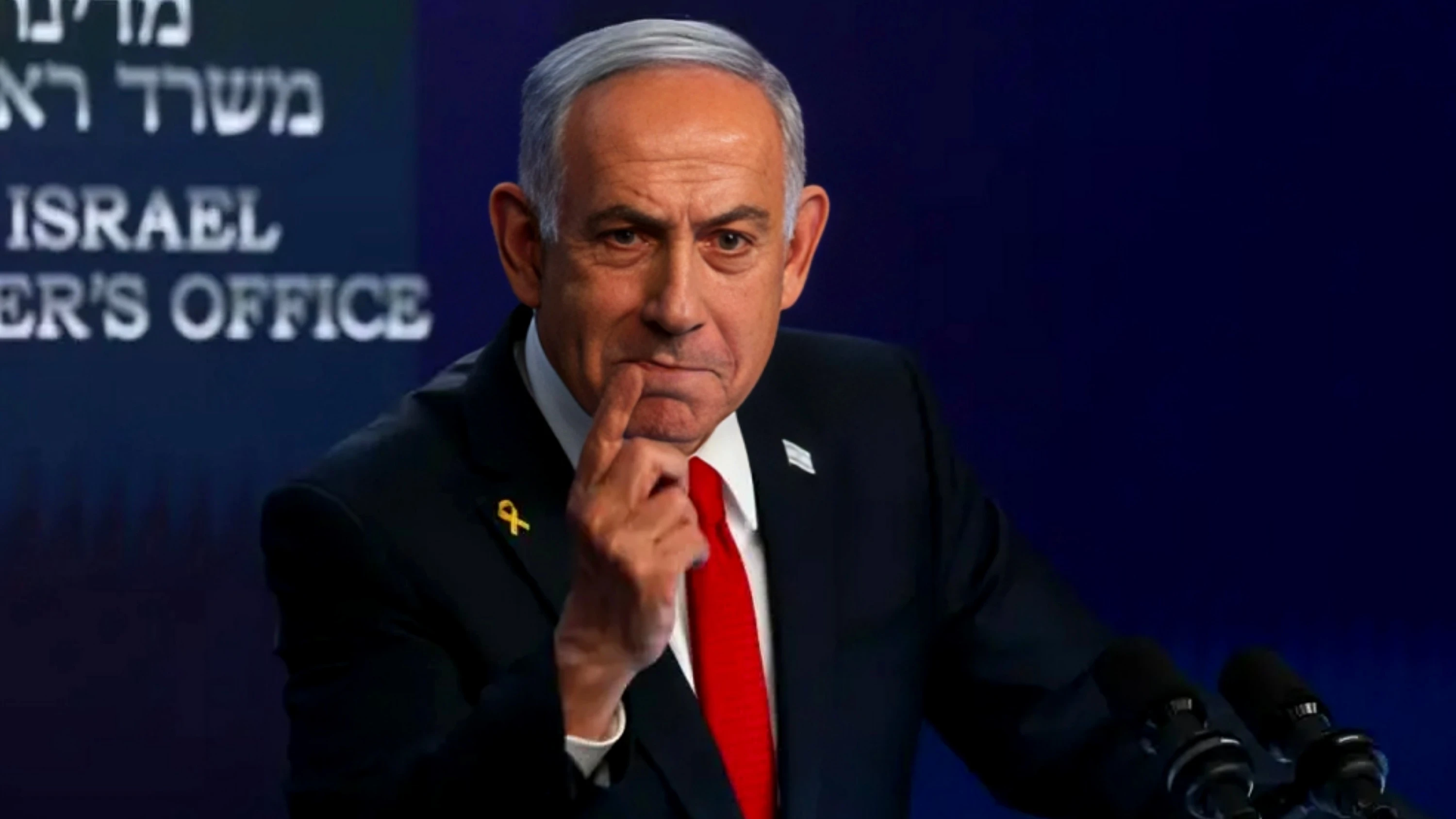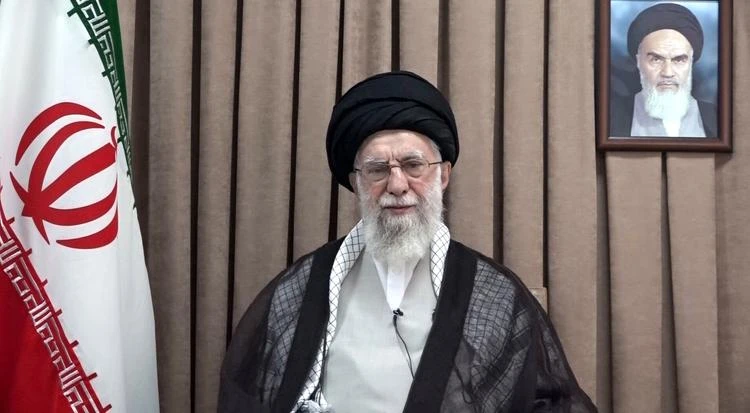Gaza: The Gaza Humanitarian Foundation (GHF), an NGO backed by the United States and Israel, has announced the launch of a direct aid operation into Gaza, despite the dramatic resignation of its executive director just hours earlier.
Jake Wood, a former US Marine and humanitarian leader, stepped down from his role, citing a lack of independence and a failure to adhere to core humanitarian principles, including neutrality and impartiality.
GHF, which has declared its ambition to deliver food, medical supplies, and other essentials to one million Palestinians by the end of this week, plans to eventually scale its operation to serve Gaza’s entire 2.3 million population. This initiative comes as Israel—under mounting global pressure—eases a devastating 11-week blockade, allowing limited aid into Gaza. But critics argue the supplies that have trickled in have been inadequate, with widespread reports of starvation and famine conditions.
Wood’s departure has further fueled international skepticism around the foundation’s structure and purpose. In his public statement, he said GHF could not meet the “principles of humanity, neutrality, impartiality, and independence,” and called on Israel to open more humanitarian corridors. The UN and major humanitarian agencies, which have refused to collaborate with the GHF, echoed these concerns. They warned that the group’s centralised aid distribution plan could force displaced Palestinians to cross military lines or walk long distances, effectively putting them in danger.
The UN’s Integrated Food Security Phase Classification (IPC) estimates that 93 percent of Gaza’s population—1.95 million people—are now facing severe food insecurity. Aid groups say this constitutes a man-made famine and accuse Israel of using hunger as a “weapon of war.” Deliveries remain blocked at key crossings, and aid convoys face delays, inspections, or outright denials.
GHF, claiming to have been based in Geneva since February, was reportedly born out of closed-door meetings involving military officials, private businesspeople, and Israeli government affiliates, according to The New York Times. This origin has raised red flags among traditional humanitarian actors, who say it bypasses long-established relief systems in favor of politically aligned alternatives.
A US State Department spokesperson reaffirmed Washington's support for GHF despite the controversies. Meanwhile, Israel says the NGO is key to preventing Hamas from diverting aid and insists centralized aid points in the southern parts of Gaza are necessary for security.
But critics, including international relations professor Robert Patman, argue that GHF is a redundant initiative designed to serve geopolitical goals rather than humanitarian needs. “There’s no need for a new humanitarian organisation,” Patman told Al Jazeera, urging the global community to instead focus efforts on ending the Israeli siege.
Analysts fear the GHF’s aid model could contribute to the forced depopulation of northern Gaza by funneling aid primarily to the south. This concern aligns with longstanding warnings from rights groups about Israel’s alleged strategy to alter the demographics of Gaza under the guise of humanitarian operations.
As the conflict continues and Israel expands its military campaign—code-named Operation Gideon’s Chariots—the humanitarian crisis shows no signs of easing. And with key international aid organizations sidelined, the entrance of the GHF, fraught with controversy and suspicion, may complicate rather than resolve the unfolding catastrophe in Gaza.








